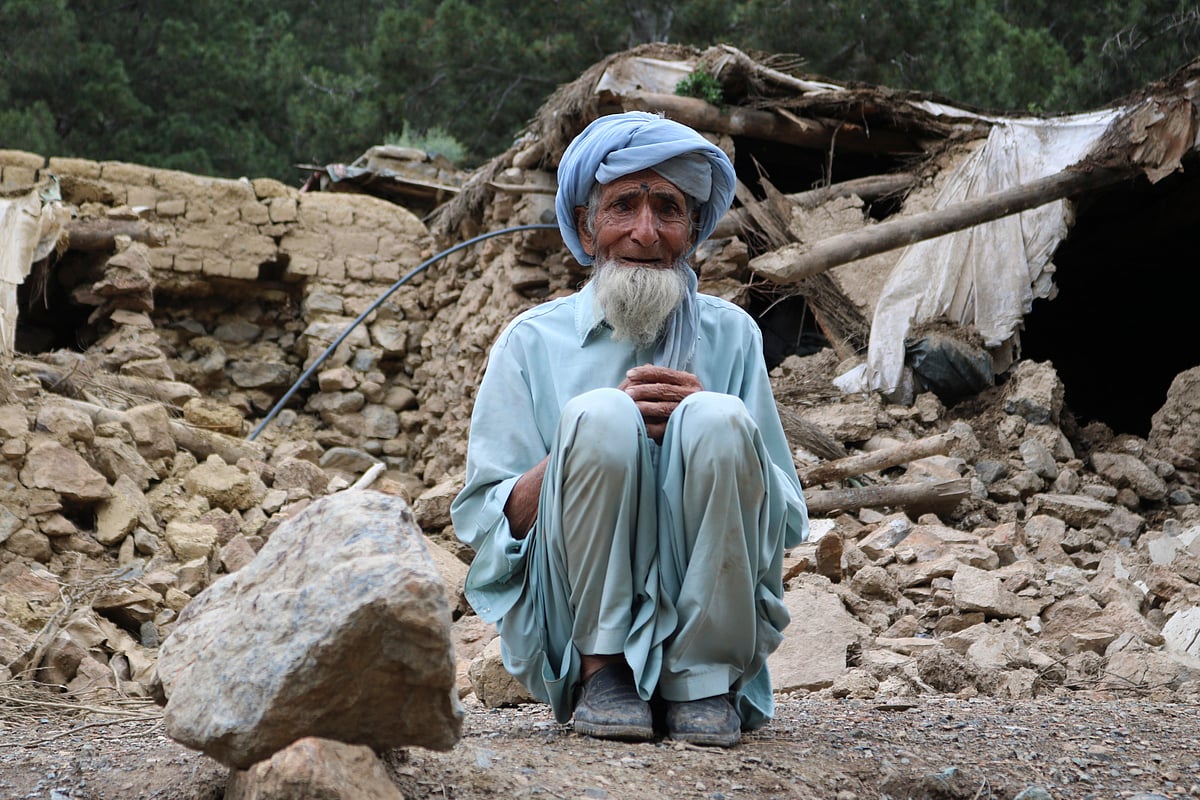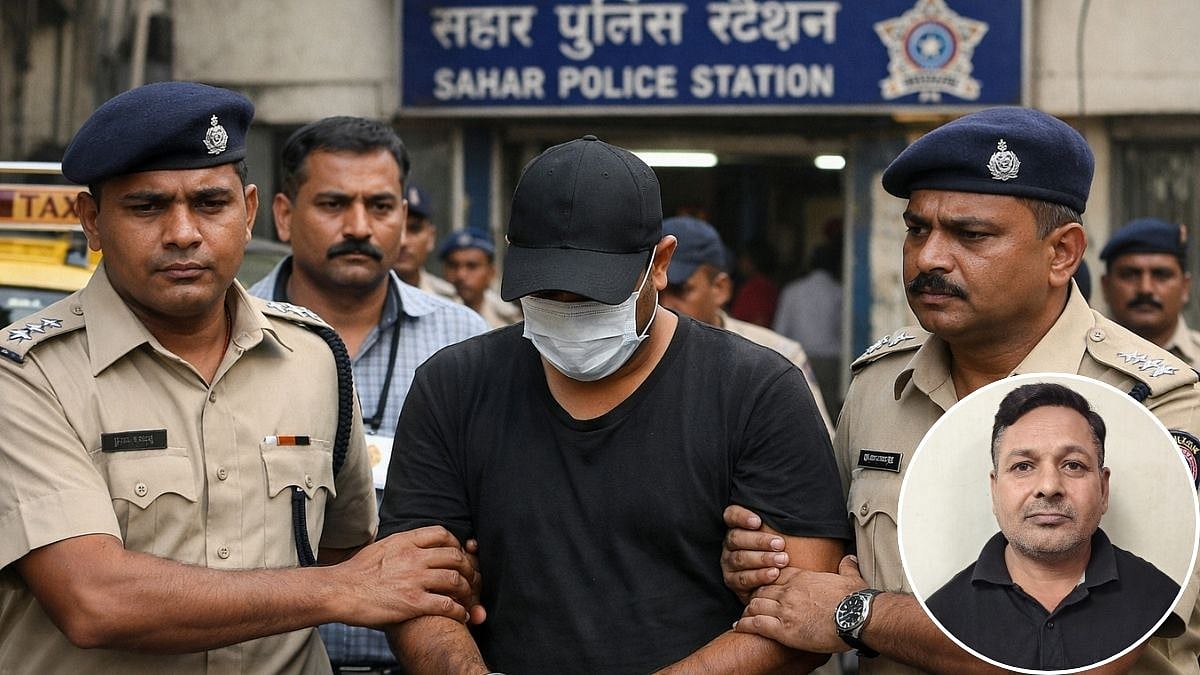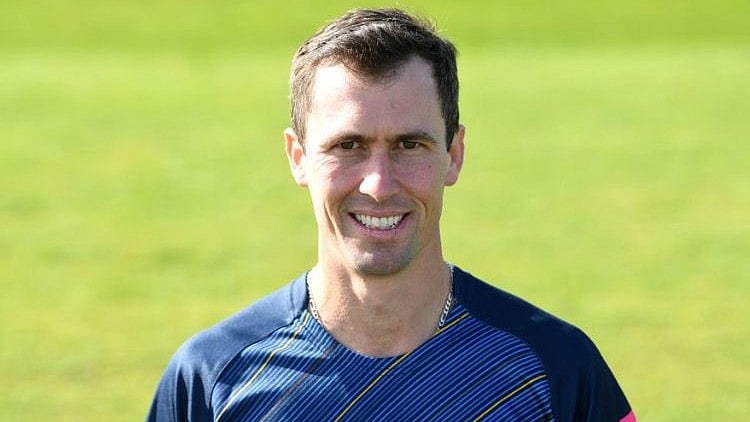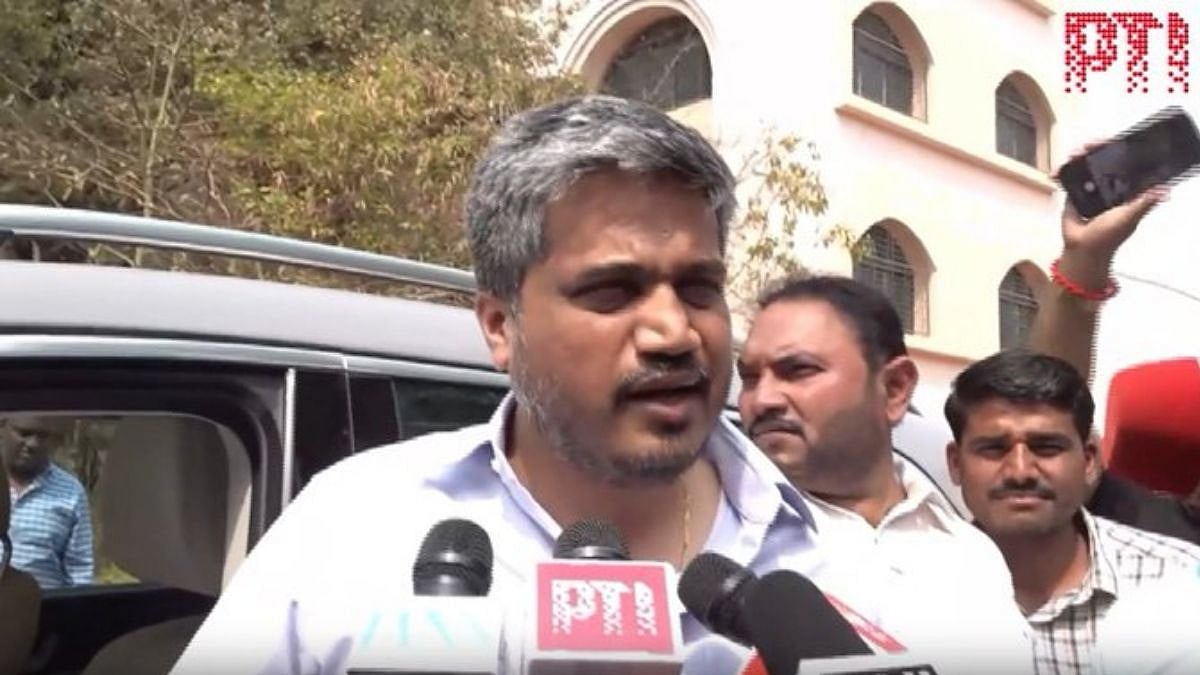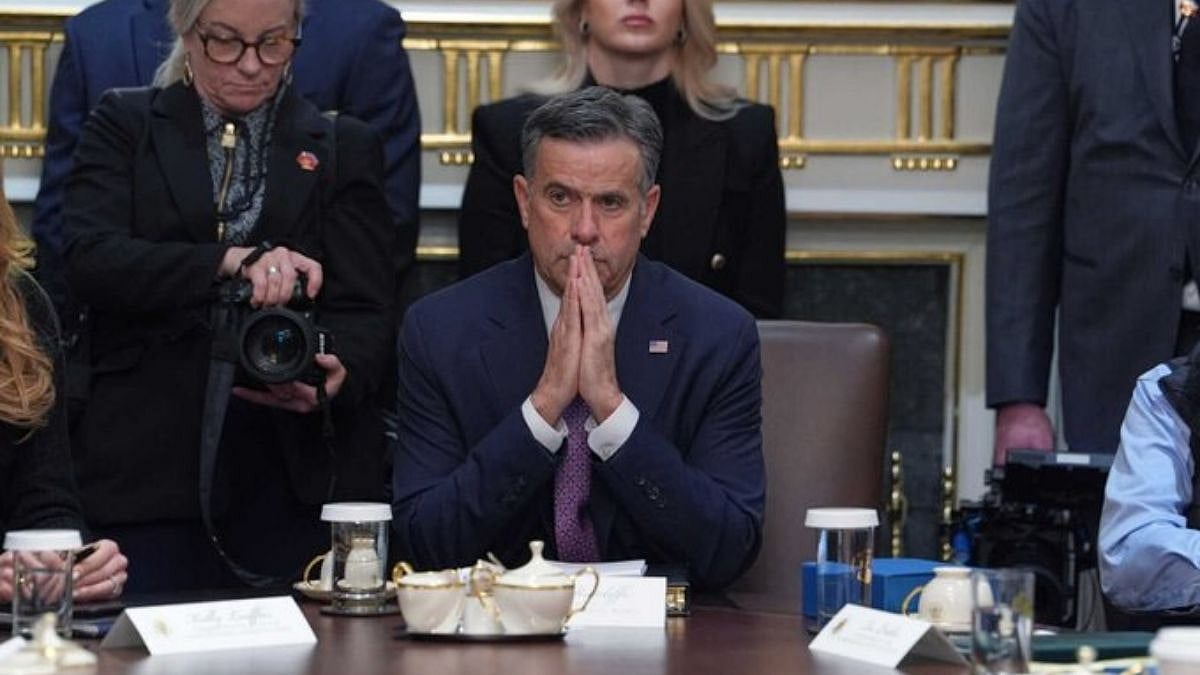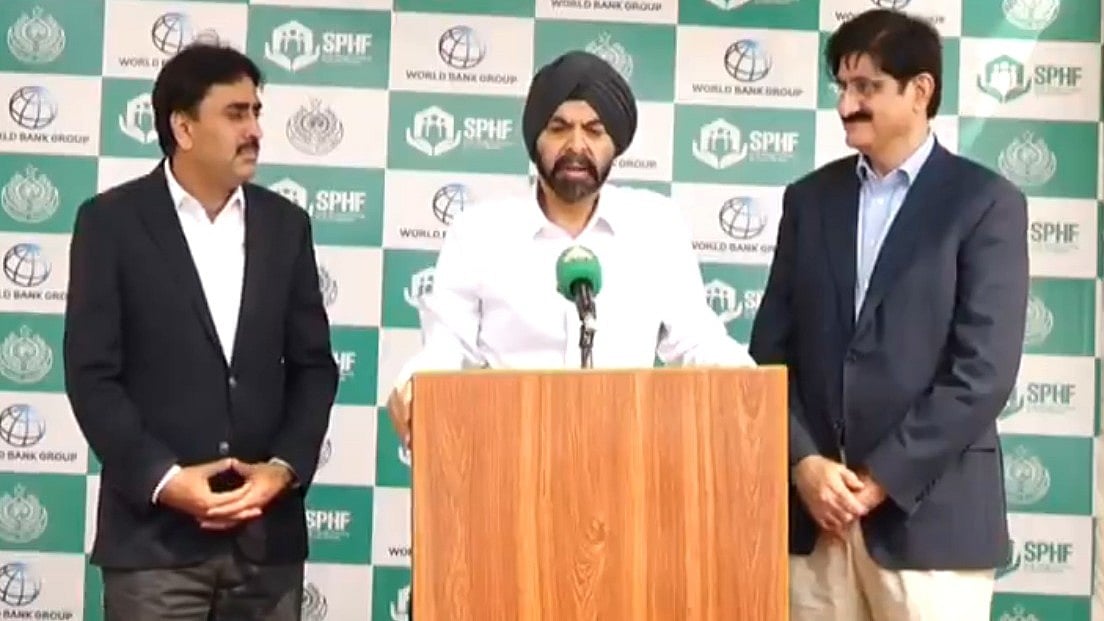Kabul: A powerful earthquake struck a rugged, mountainous region of eastern Afghanistan early Wednesday, killing at least 1,000 people and injuring 1,500 more in the country's deadliest quake in two decades, the state-run news agency reported. Officials warned that the already grim toll may still rise.
In the remote area near the Pakistani border, residents searched for survivors and the dead by digging with their bare hands through the rubble of collapsed stone and mudbrick houses, according to footage shown by the news agency Bakhtar. It was not immediately clear if major rescue equipment was being sent - or even if it could reach the area.
The extent of the destruction among the villages tucked among the mountains was still not known. Rutted roads - difficult to pass in the best of times - may have sustained significant damage, and a UNICEF official said landslides from recent rains have made access even more difficult.
At least 2,000 homes were destroyed in the region, where on average every home has seven or eight people living in it, the UN Deputy Special Representative to Afghanistan Ramiz Alakbarov told reporters.
The disaster posed a major test for Afghanistan's Taliban government, which seized power nearly 10 months ago as the US and its NATO allies were carrying out their withdrawal from the country and has been largely shunned by the world community since.
Rescuers rushed to the area by helicopter, but the response is likely to be complicated since many international aid agencies left Afghanistan after the Taliban takeover in August. Moreover, most governments are wary of dealing directly with the group, a reluctance that could slow the deployment of emergency aid and teams.
In a rare move, the Taliban's reclusive supreme leader, Haibatullah Akhundzadah, who almost never appears in public, called for "the international community and all humanitarian organisations to help the Afghan people affected by this great tragedy and to spare no effort to help the affected people." "We ask God to save our poor people from trials and harm," he said in a statement put out by the Taliban spokesman.
But in a sign of the muddled workings between the Taliban and the international community, Alakbarov said the Taliban have not formally requested that the UN mobilise international search and rescue teams.
Afghan authorities have deployed a few dozen ambulances and several helicopters but have not asked the UN to obtain any more equipment or machinery from neighbouring countries, he added, without elaborating.
The disaster only compounds the woes in Afghanistan, which is already deep in one of the world's worst humanitarian crises, with millions facing increasing hunger and poverty after the cutoff of international financing to the Taliban. That has prompted a massive aid program, but to avoid putting money in the Taliban's hands, the world has funneled funding through the UN and other humanitarian agencies - a system that may be too slow for an emergency response to the quake.
The 6.1 magnitude quake had its epicenter in Paktika province, some 50 kilometers southwest of the city of Khost, according to neighbouring Pakistan's Meteorological Department. Experts put the depth at just 10 kilometers - another factor that could lead to severe destruction.
The European seismological agency said the earthquake's tremors were felt over 500 kilometers by 119 million people across Afghanistan, Pakistan and India.
Footage from Paktika showed men carrying people in blankets to a waiting helicopter. Others were treated on the ground. One resident could be seen receiving IV fluids while sitting in a plastic chair outside the rubble of his home and still more were sprawled on gurneys. Some images showed residents picking through clay bricks and other rubble from destroyed stone houses. The roofs or walls of others had caved in.
The death toll given by the Bakhtar News Agency was equal to that of a quake in 2002 in northern Afghanistan. Those are the deadliest since 1998, when an earthquake also 6.1 in magnitude and subsequent tremors in the remote northeast killed at least 4,500 people.
In most places in the world, an earthquake of that strength wouldn't inflict such extensive devastation, said Robert Sanders, a seismologist with the US Geological Survey. But a quake's death toll more often comes down to geography, building quality and population density.
"Because of the mountainous area, there are rockslides and landslides that we won't know about until later reporting. Older buildings are likely to crumble and fail," he said. "Due to how condensed the area is in that part of the world, we've seen in the past similar earthquakes deal significant damage." The Taliban are still trying to reconstitute government ministries abandoned by staff loyal to its previous Western-backed government, and it was not clear how officials arrived at the casualty tolls reported by Bakhtar.
But there were concerns that the figure could yet rise.
"The fear is that the victims will increase further, also because many people could be trapped under collapsed buildings," said Stefano Sozza, Afghanistan country director for Italian medical aid group Emergency.
Emergency was one of the organisations already distributing humanitarian help around Afghanistan that rushed resources to villages devastated by the quake. It sent seven ambulances and staff to the areas near the quake zone.
In Kabul, Prime Minister Mohammad Hassan Akhund convened an emergency meeting at the presidential palace to coordinate the relief effort.
"When such a big incident happens in any country, there is a need for help from other countries," said Sharafuddin Muslim, deputy minister of state for disaster management. "It is very difficult for us to be able to respond to this huge incident." That may prove difficult given the renewed international isolation of Afghanistan under the Taliban following their takeover last year, two decades after the US-led invasion toppled the same insurgents in the wake of the 9/11 attacks. The new government has issued a flurry of repressive edicts curtailing the rights of women and girls and the press that hark to the Taliban's harsh rule from the late 1990s, despite promising that would not happen.
